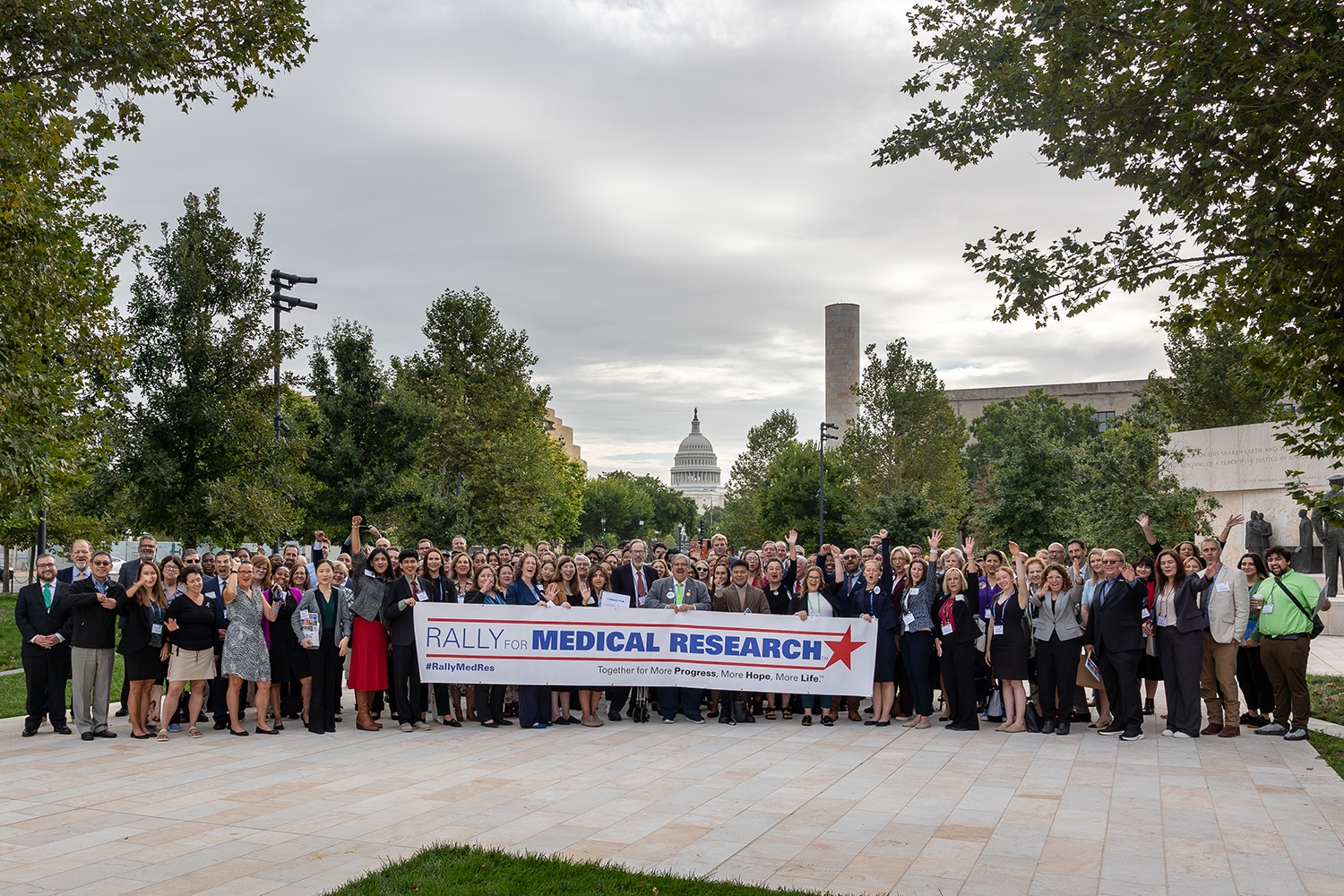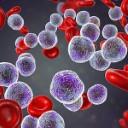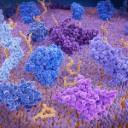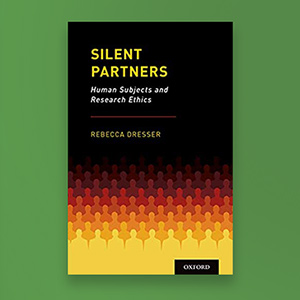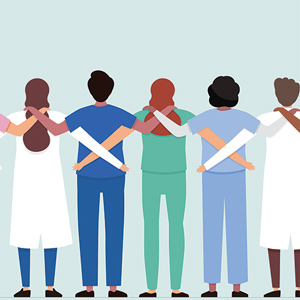-
Survivor Profile
A Return to CarnivalWith a renewed sense of purpose, stage IV lung cancer survivor Oswald Peterson returns to his parents' native Trinidad to celebrate the Caribbean festival.
by Lindsey Konkel
-
A Drive for Diversity
African Americans are underrepresented in the Be The Match bone marrow donor registry. Patient advocates are working to change that.
by Jon Kelvey
-
Patient Advocates Tune in for Precision Medicine Primer
Scientists and physicians discussed advances in targeted therapies and immunotherapies, as well as the lessons COVID-19 research has taught to cancer researchers.
by Kevin McLaughlin
-
Immunotherapy Options for Breast Cancer
Two immune checkpoint inhibitors are now approved for treatment of some people with advanced breast cancer, but trial results have raised some questions.
by Anna Goshua
-
Living Beyond a Diagnosis
Judy Pearson was surprised by the demands of cancer survivorship. Here, she offers tips on how to look at life after cancer.
by Judy Pearson
-
Cancer and COVID-19 Vaccination
Amid continued research showing the impact of COVID-19 on people with cancer, patients are asking when they should get a COVID-19 vaccine.
by Marci A. Landsmann
-
Colorectal Cancer Screenings at Home
Stool-based tests could increase access to colorectal cancer screening.
by Jen Tota McGivney
-
Roadblocks to Care
Some cancer patients struggle to find transportation to their appointments. The coronavirus pandemic has further limited options for patients looking for rides.
by Anna Goshua
-
Q&A
Ethics in PracticeRebecca Dresser explores the history and burdens of clinical trials through the lens of a cancer survivor and medical ethicist.
by Marci A. Landsmann
-
Policy Matters
Cancer Scientists Support COVID-19 ResponseResearchers study ways to improve telehealth capabilities, clinical trials and health disparities.
by Trevan Locke, PhD
Cancer Talk
Treatment Combination Improves Survival in EGFR-positive Lung Cancer
Adding chemotherapy to targeted therapy improves outcomes for people with advanced EGFR-positive non-small cell lung cancer.
by Sandra Gordon
Lessons From 20 Years Living With CancerMultiple myeloma survivor Jonathan Gluck reflects on uncertainty, and the scientific progress that has kept him living with cancer for more than two decades.
by Eric Fitzsimmons
The Enduring Importance of Cancer Disparities ResearchOpening session from AACR conference highlights how perseverance and adversity have informed cancer disparities research over the years.
by Eric Fitzsimmons
Most Cancer Survivors Don’t Meet Healthy Diet GoalsDespite research linking fruits and vegetables to cancer survival, many people do not change their eating habits after diagnosis.
by Darlene Dobkowski

